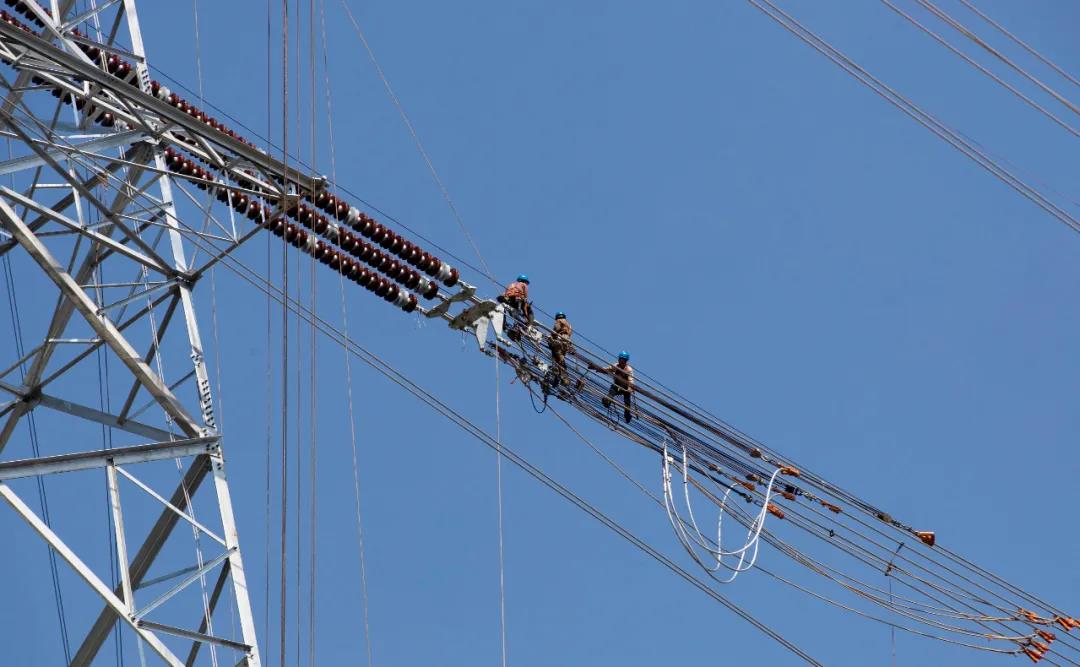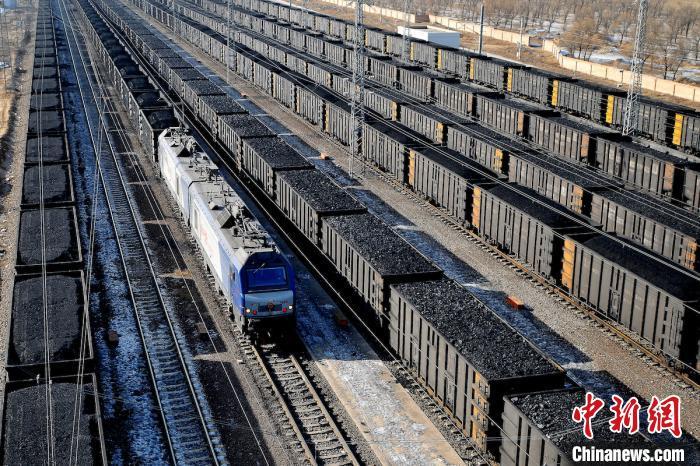- info@cnygm.com
- +(0)86-576-88122360
The Truth behind Power Rationing in China
The people of China are in a blackout. With a severe shortage of electricity, some production companies are forced to implement power rationing and suspend production.
While blackouts are not uncommon for China, this year has surpassed past records of power shortage. As a result, electricity is being rationed as a scarce commodity. With easing COVID-19 restrictions and demand for products increasing in the global economy, power rationing in China could have implications across the world.
What is Power Rationing?
When the supply of electricity is far lesser than the demand, power rationing must be done to uphold the economy.
Generally, power rationing means that when one area has electricity, the other has an outage. Not all factories can run at full capacity, and some areas are forced to experience complete blackouts.
The demand for Chinese products is at an all-time high. As industries reopen after the epidemic, factories in China experienced a 20.6% increase in power consumption. Unfortunately, the country does not have enough electricity production capacity to keep up with such high demand.
China produces electricity using coal – a fossil fuel that is rapidly running out. If China doesn’t switch to greener alternatives, it might be impossible for them to sustain the manufacturing-based economy.

Power rationing is most prominent in the northeastern region of China. The provinces of Liaoning and Jilin had extreme cases of power rationing for traffic lights, elevators, commercial buildings, and civil electricity.
Who is Being Affected?
Both domestic and commercial settings have been equally affected by the power rationing in China. A local newspaper reported that four provinces experienced complete power outages along with reports of more power cuts across the country.
Factories and companies with major manufacturing units have suffered the most loss in production capacity as a result of power rationing. Since these manufacturers consume the most electricity, they have been ordered to reduce their energy consumption or limit the number of working days.
However, energy-intensive industries have no choice but to use electricity for production. Industries like aluminum smelting, cement manufacturers, fertilizer production, and steelmaking are entirely dependent upon electricity to continue business as usual. With power rationing, these businesses have experienced shutdowns and losses.
Why are the Blackouts Happening?
There are many reasons why China is experiencing these blackouts. Alongside demand-side and supply-side reasons, there are also certain national policy adjustments that have resulted in this power outage.
Demand-Side Reasons
Ever since people went back to work in China, the national power consumption has increased at a rapid pace. This sudden acceleration in demand of nearly 15% was an unexpected shift.

To counter this rising demand, the National Development and Reform Commission created a new energy consumption policy. This policy was to ensure that yearly electricity consumption is not above the target limit set by the government. While it sounds like a good long-term plan, China currently needs emergency solutions to their increasing coal consumption.
Supply-Side Reasons
One of the supply-side reasons for the blackouts could be an increasing dependency on China for global trade. As global demand for products rises, more and more countries are looking to import cheap products from this region.
To cater to the global economy, power rationing might force China to eliminate its outdated production capacity and upgrade to modern solutions. Foreign trade companies might be able to raise prices and earn higher revenues for the country.
Global Increase in Prices
Another reason for the blackouts in China is the global increase in coal prices. With unexpected rains in Indonesia and China’s decision to curb coal mining, global coal prices have risen significantly.
Due to political disputes, China was forced to switch its coal imports from Australia to the US. As a result, the country must pay a higher price due to the longer distance.
From a national perspective, power rationing in China was essential to avoid an unnecessary increase in production capacity. With less power available for factories, fewer products can be manufactured in mass quantities.

Is Power Rationing Good for China?
In a way, power rationing might be beneficial for the economy of China. While the country currently has a reputation for manufacturing at a low cost, they might be able to control this blind expansion of production capacity.
Since there is limited power available to run the country, not all factories can manufacture products in masses. Instead, power rationing forces them to control future overcapacity and reduces the level of competition.
As production levels will fall, there will finally be an end to factory dumping at minimal prices in China. Companies will not export their products at low rates, which can push up U.S. inflation. Manufacturers will finally be able to dictate the prices of their products and earn significant revenue for the local economy to flourish.
Additionally, with lower production capacities across China, industrial carbon emissions can be at an all-time low. China already has a climate policy that is working to reduce coal consumption and switch to greener alternatives. With these power cuts, industries might show an increased interest in helping China achieve its environment-friendly objectives.

With low levels of production, China would not have to import as many raw materials from foreign countries. Not only does this contribute positively towards their balance of payments, but it also suppresses the high demand for raw materials.
Final Thoughts
While power rationing is affected households and businesses in China, there is more to the story than on the surface. As global trade becomes increasingly dependent on China, the country can easily take advantage of the situation and aim to earn higher profits.
Since China has a largely outdated production capacity, this power rationing could finally eradicate these inefficient methods of production. Factories can make use of modern technology to lower their electricity consumption and increase quality control measures.
Instead of mass-producing products and supplying them at a low cost to countries like the US, China finally has a chance to improve the reputation of its products.
Although power rationing may sound like a tough situation for the locals, it might be exactly what they need to protect their future.

Contact Us
- + 86-0576-88122360
- +86 18358652001
- +8615005869778
- info@cnygm.com
- 2355 Haifeng Road,Binhai Industrial Zone,Economic Development Area,Taizhou,Zhejiang


